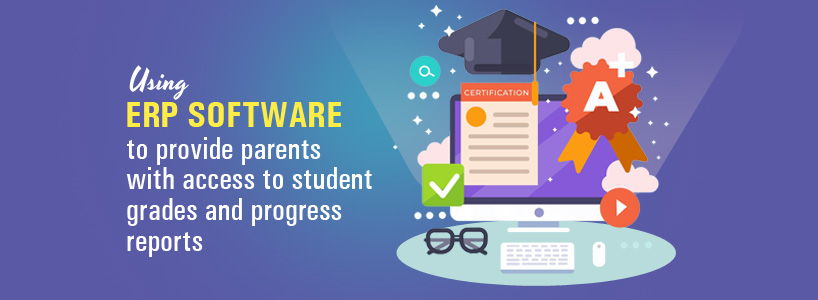Introduction
In today's digital age, schools are increasingly turning to Educational Resource Planning (ERP) software to streamline administrative tasks and enhance communication with stakeholders. One of the most significant benefits of ERP systems is their ability to provide parents with real-time access to their child's Academic progress. By leveraging ERP Software (EduAutomate) schools can empower parents to stay informed and involved in their child's education.
Key Features of ERP Software for Parent Access
- Gradebook Integration: ERP systems can be integrated with school gradebooks, allowing parents to view their child's grades for individual subjects and overall performance.
- Progress Reports: Parents can access detailed progress reports that outline their child's strengths, weaknesses, and areas for improvement.
- Attendance Tracking: ERP software can track student attendance, providing parents with real-time updates on their child's punctuality and absences.
- Communication Tools: Many ERP systems include built-in communication tools, such as email and messaging features, that facilitate direct communication between parents and teachers.
- Homework Assignments: Parents can view upcoming and completed homework assignments, ensuring they are aware of their child's academic workload.
Benefits of Parent Access to Student Data
- Improved Communication: ERP Software can foster stronger communication between parents and teachers, leading to a more collaborative and supportive learning environment.
- Enhanced Engagement: By having access to their child's academic progress, parents can become more involved in their child's education and provide additional support at home.
- Increased Transparency: ERP systems can increase transparency between schools and parents, building trust and confidence in the educational institution.
- Time-Saving: Parents no longer need to wait for paper progress reports or attend parent-teacher conferences to get updates on their child's performance.
- Data-Driven Decision Making: ERP software can provide valuable data that can inform parents' decisions about their child's education, such as extracurricular activities or tutoring.
Best Practices for Implementing ERP Software
- User-Friendly Interface: Choose an ERP system with an intuitive interface that is easy for parents to navigate.
- Data Security: Ensure that the ERP system has robust security measures in place to protect student data.
- Training and Support: Provide parents with training and support on how to use the ERP system effectively.
- Regular Updates: Keep the ERP system updated with the latest features and security patches.
Conclusion
By providing parents with access to their child's grades, progress reports, and other relevant information, ERP software can play a vital role in improving student outcomes and fostering stronger relationships between schools and families. As schools continue to embrace technology, ERP systems offer a valuable tool for empowering parents and promoting student success.
